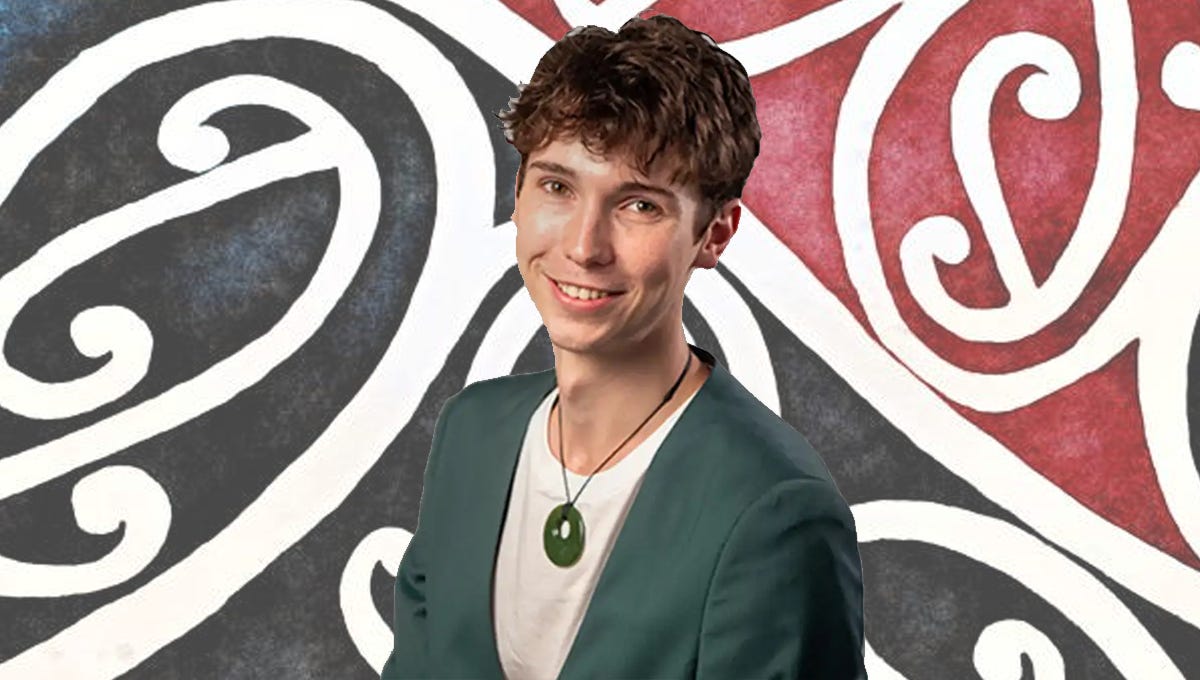When being ‘a little bit Māori’ becomes a career move
In recent years, there’s been a noticeable trend in New Zealand’s political landscape. More and more people are identifying as Māori, including some who don’t fit the traditional image. Whether this marks a long-overdue recognition of whakapapa or a calculated political move depends on your perspective, but the pattern is hard to miss.
Take Nelson’s Depu…




